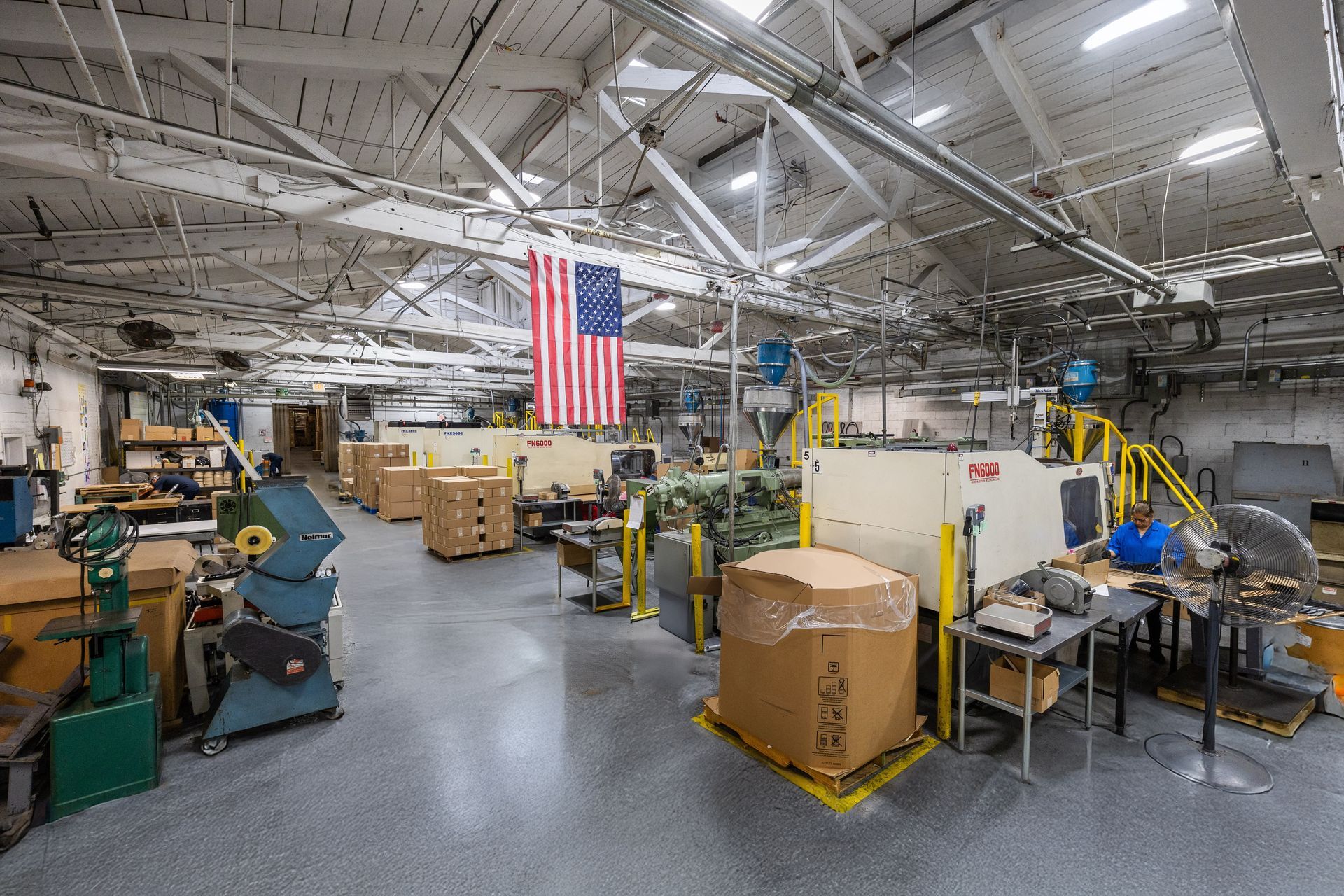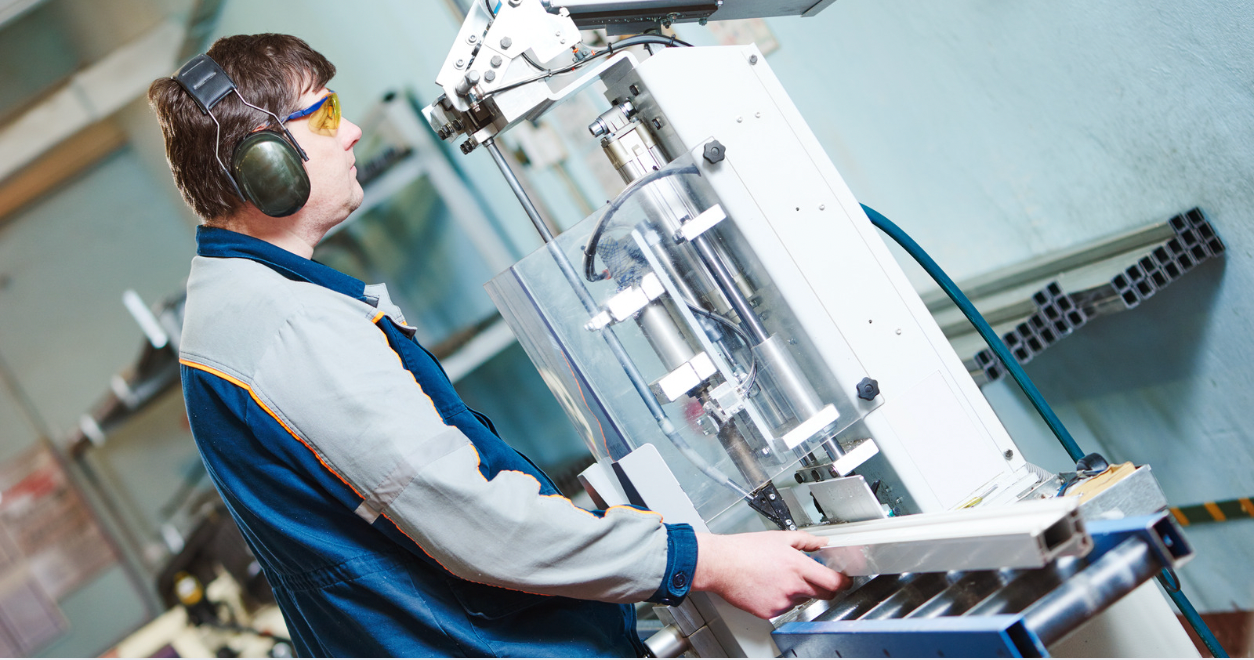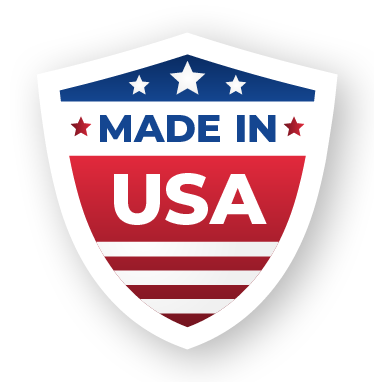Bioplastics & Biopolymers: Are They the Same Thing?
If you've spent any time exploring the world of sustainable plastics manufacturing, you've most likely come across the terms biopolymer or bioplastic. A little clarification of these similar terms can make it easier to understand some of your sustainable options for custom plastics manufacturing.
What Are Biopolymers?
Polymers are substances that are made when groups of smaller molecules (monomers) form larger molecules and those larger molecules join together. Biopolymers are polymers which are found in living organisms, such as the cellulose in wood, silk from silkworms, or collagen in mammals. Synthetic biopolymers can also be created to reproduce those found naturally. Neither natural nor synthetic biopolymers are produced from petroleum products.
What Are Bioplastics?
Technically, bioplastics are a subset of biopolymers, meaning all bioplastics are biopolymers but not all biopolymers are bioplastics. While the word bioplastics is used freely in many discussions of sustainable plastics, it does not always mean quite the same thing. Typically, it is used to describe plastics with one or more of these characteristics:
- Plant- or animal-based source
- Biodegradability
- Compostability
Common Bioplastics
Bioplastics, or bio-derived plastics include everything from some of our oldest plastic formulations to the innovative formulations of today. Many bioplastics can perform as well or better than their traditional counterparts. Some more popular bioplastics include:
- Cellulose acetate - plant or wood fiber based
- PHA (polyhydroxyalkanoate) - sugar or glucose based
- PLA (polylactic acid) - based on sugar cane, sugar beets, or corn
Source materials for bioplastics are extremely diverse and include everything from chicken feathers and avocados to used cooking oil and potato peels.
At Bennett Plastics, we are committed to sustainable plastics manufacturing through the materials we offer, our design, prototyping, and manufacturing services, and throughout our facility itself. Contact us today to learn more about making a sustainable choice for your plastic packaging, parts, and products.
Recent Articles











